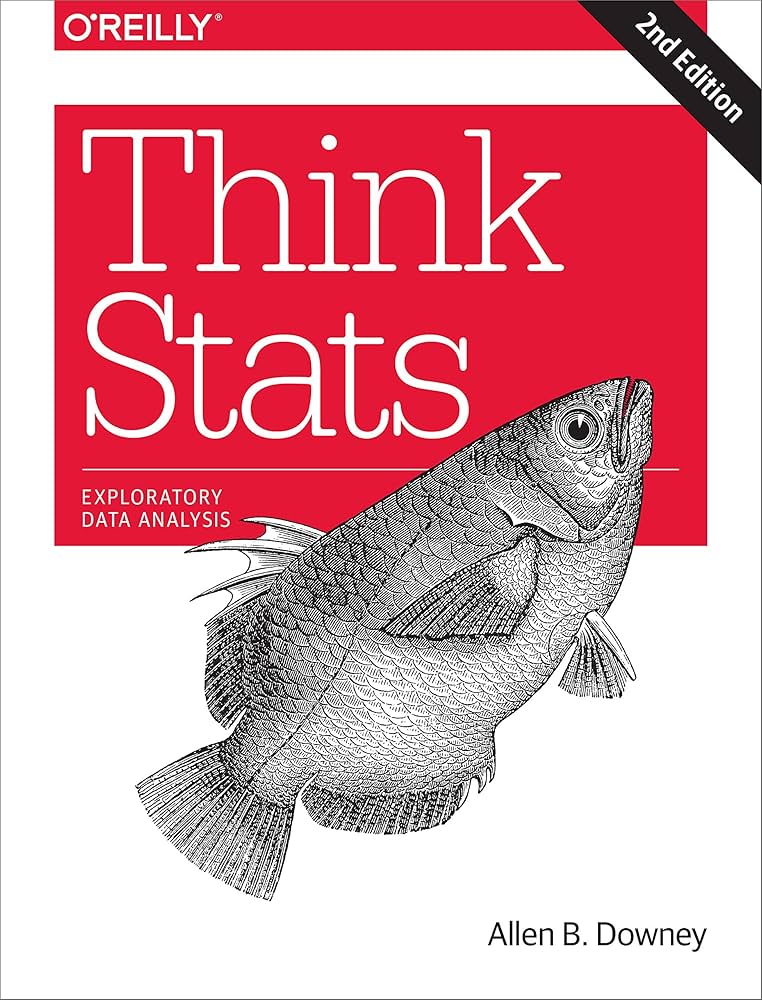Some folks think "Objective reality exists" is a good counterargument to "Science is socially constructed". It's not and here's why ...
The more I argue with folks about how "science is socially constructed", the more obvious it is to me that the people disagreeing with me are simply saying "Objective reality exists" (which I agree with but they seem to think I don't.)
Over and over again, they restate that reality is indeed real. Although this requires philosophical arguments to defend, they tend not to make any. Perhaps this is because messing with philosophy is how we get statements like "science is socially constructed" in the first place.
Often people resort to threats. What if you jump off a building? What if your boss fires you? What if your bridge collapses or your plane crashes? They seem to be saying "I'm very scared of this and I'm sure you are too! Why would we be so scared if reality didn't exist?"
This is not a good argument. What if I'm not easily scared? What if I'm overly anxious and inclined to irrational fears? Even if I agree that logically, one ought to fear falling out of an airplane, it doesn't prove anything other than we share subjective beliefs.
Of course, at the end of the day, I do think objective reality exists but my best guess as to the nature of that objective reality differs from yours. For instance, in my reality, science is socially constructed and if you're disagreeing with me then it's not in yours.
If you're not making use of philosophical arguments then your sense of objective reality is more of a strongly held intuition. Perhaps you once experienced a bridge collapse and you were very convinced by the experience. I've had similar experiences and so I share the intuition!
The question for me isn't whether objective reality exists. The question is how do we get at it given that our individual experience is subjective. My answer is in part by comparing our individual sense of reality and triangulating.
Social construction is thus an extremely important part of generating knowledge in science. We use triangulation between our differing perceptions and inferences to create a shared truth.
"Social" because the interaction with and understanding of the contents of the minds of others is critical to the process of knowledge creation.
• • •
Missing some Tweet in this thread? You can try to
force a refresh








